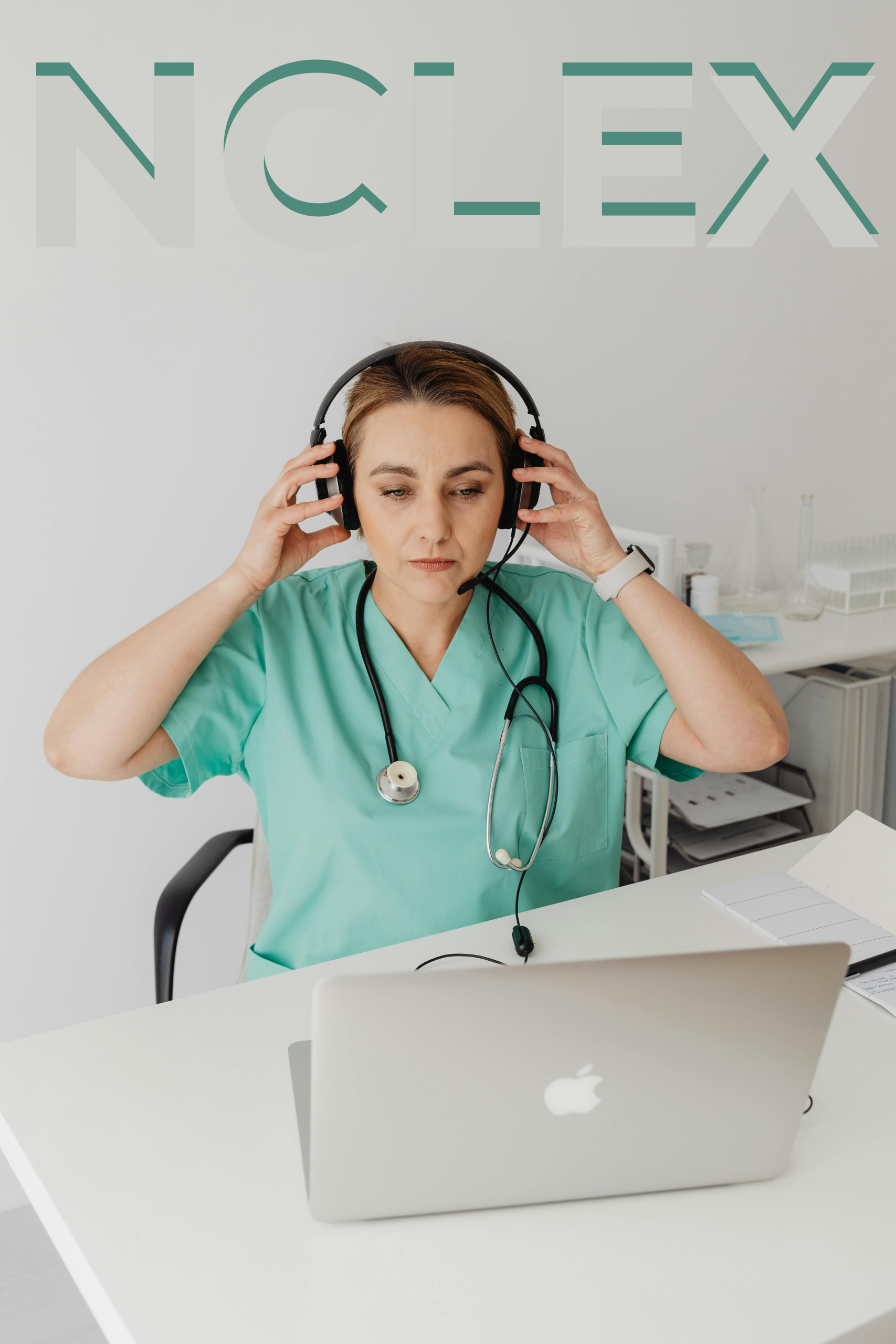One of the most important tests for nurses is the NCLEX. For decades, nursing graduates have been preparing for this high-stakes exam because passing it grants them the right to work as licensed practical or registered nurses. Recently, there has been growing discussion about a possible revolutionary change: the NCLEX could move to remote testing by 2026.
The idea has sparked excitement, curiosity, and concern in the healthcare community. But here’s the key point—this change has not been officially confirmed. Students and educators need to understand what’s being explored, why it matters, and how best to prepare in case the shift happens.
This article looks at what we know so far, the potential advantages and drawbacks, and what such a change could mean for nursing education worldwide.

Why Remote Testing Is Being Considered
The push toward remote testing didn’t appear overnight. It’s tied to broader global trends: the growth of digital platforms, demand for flexibility, and challenges tied to traditional test centers. Many candidates struggle with limited scheduling options, travel costs, and uneven test site availability.
Testing organisations have acknowledged these issues. Just as telehealth has become mainstream, professional exams may need to incorporate technology. Moving the NCLEX online could increase fairness and accessibility—but for now, it remains a proposal under consideration rather than a guaranteed outcome. [1]
Timeline: Where Things Stand
Reports indicate that pilot projects, system trials, and security upgrades have been running for years. Some groups of students have even taken part in controlled online testing trials.
If remote testing is introduced in 2026, it would follow these gradual preparations. However, the official position is that testing bodies are still evaluating the results of these pilots and no final decision has been made. [4]
Potential Advantages of a Remote NCLEX
If the NCLEX does transition to a remote format, several benefits could emerge:
– Reduced travel and costs – Candidates wouldn’t need to journey to testing centers.
– Flexible scheduling – More opportunities to take the exam in familiar environments.
– Improved accessibility – Digital tools may better support students with disabilities or special needs.
The goal would be to create a fairer, more inclusive exam process. Still, these are potential outcomes, not guarantees. [2]
Challenges That Could Stand in the Way
Every major change brings challenges. For the NCLEX, key concerns include:
– Security – How to prevent cheating in an at-home setting.
– Technical reliability – Risks of internet outages or device failures.
– Equity – Not all students have access to quiet, stable testing environments.
Testing organizations are experimenting with solutions such as AI monitoring, live remote proctors, and secure identity checks. Contingency plans like rescheduling after technical failures are also being considered. But until these systems prove reliable at scale, uncertainty remains. [5]
How Students Can Prepare (Even Without Certainty)
Even though nothing is set in stone, students can take steps now that will help them regardless of the final decision:
– Keep focusing on core content – Nursing knowledge and practice questions remain central.
– Practice digital exams – Online mock tests build comfort with computer-based formats.
– Simulate exam conditions – Study in a quiet room with reliable internet to mirror potential remote testing environments.
These strategies will strengthen preparation whether the NCLEX stays in centers or moves online.
Possible Global Impact
The NCLEX is more than a U.S. exam—it’s a global benchmark for nursing competence. If remote testing does roll out, international candidates might gain easier access without traveling abroad.
This could expand opportunities, strengthen the global nursing workforce, and help countries facing staff shortages. However, these impacts depend entirely on whether the remote transition is approved. [3]
Looking Ahead
The debate around the NCLEX’s future reflects a larger trend: professional exams across many fields are exploring digital and hybrid formats. Nursing may simply be at the leading edge of this shift.
Whether or not 2026 becomes the official start of remote NCLEX testing, the discussions show how technology is reshaping healthcare education.
Conclusion
As of now, it is not certain that the NCLEX will move to remote testing in 2026. Pilot programs and discussions are underway, and the potential benefits are clear—but so are the challenges.
For nursing students, the best approach is to stay adaptable: keep up with official updates, prepare as if the change could happen, and continue focusing on strong study habits.
The future of the NCLEX may be digital, but until there is an official announcement, it remains a possibility—not a promise.
FAQs
· Q: Could the NCLEX go remote in 2026?
A: Yes, it’s under consideration, but no final decision has been announced.
· Q: Why might the NCLEX move to remote testing?
A: To improve accessibility, reduce travel costs, and align with modern digital testing practices.
· Q: What challenges could prevent the shift?
A: Security, internet reliability, and ensuring equal conditions for all candidates.
· Q: How can students prepare if it happens?
A: By practicing with online mock exams, securing reliable equipment, and studying in quiet spaces.
· Q: What would be the global impact if it’s approved?
A: More international students could take the NCLEX, potentially strengthening the worldwide nursing workforce.
References
1. National Council of State Boards of Nursing. NCLEX Online [Internet]. Chicago (IL): NCSBN; c2025 [cited 2025 Aug 30]. Available from: https://www.nclex.com/nclex-online.page
2. National Council of State Boards of Nursing. Taking the NCLEX Online [Internet]. Chicago (IL): NCSBN; c2025 [cited 2025 Aug 30]. Available from: https://ncsbn.zendesk.com/hc/en-us/sections/25783753475479-Taking-the-NCLEX-Online
3. World Health Organization. State of the world’s nursing 2025: investing in education, jobs, leadership, and service delivery. Geneva: WHO; 2025 [cited 2025 Aug 30]. Available from: https://www.who.int/publications/i/item/9789240110236
4. National Council of State Boards of Nursing. Evaluating Innovative Items for the NCLEX, Part 1: usability and pilot testing. Chicago (IL): NCSBN; 2009 [cited 2025 Aug 30]. Available from: https://www.ncsbn.org/publications/evaluating-innovative-items-for-the-nclex-part-1-usability-and-pilot-testing
5. National Council of State Boards of Nursing. NCLEX‐PN® Test Plan [Internet]. Chicago (IL): NCSBN; 2023 [cited 2025 Aug 30]. Available from: https://www.ncsbn.org/public-files/2023_PN_Test%20Plan_FINAL.pdf



